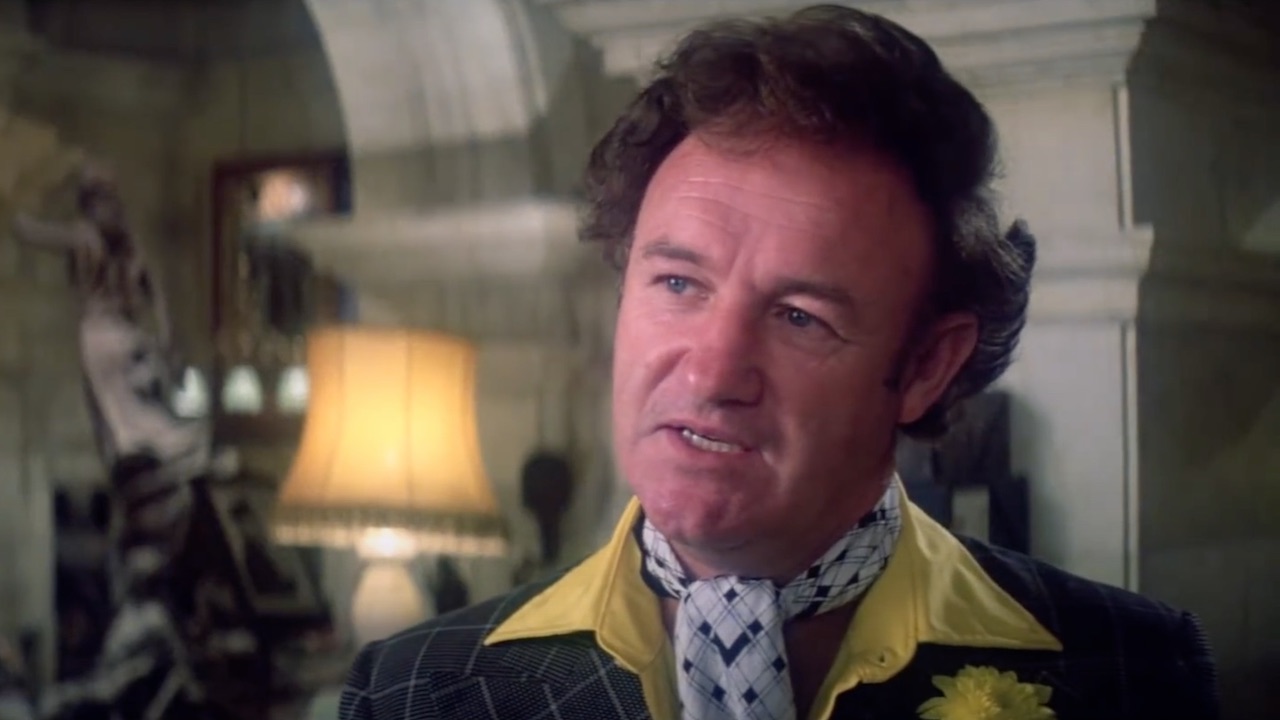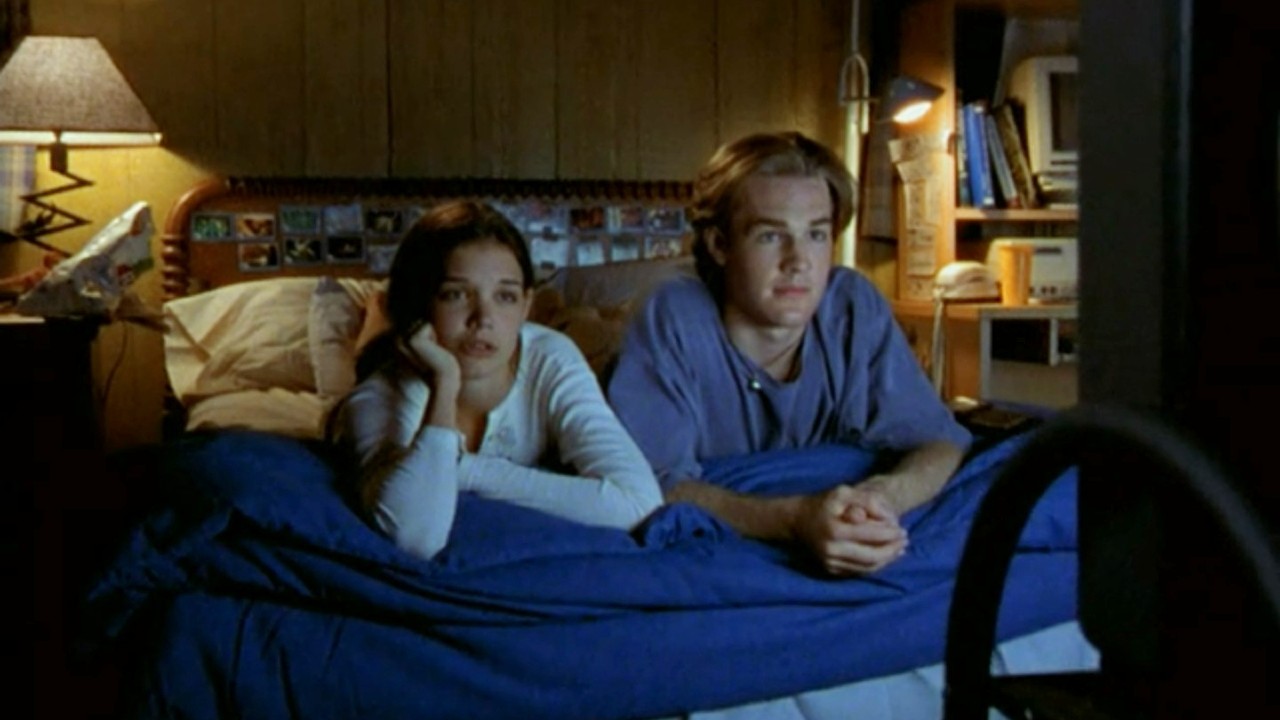3 Major Movie Theater Chains Under Investigation For Possible Antitrust Violations

In the United States, the AMC, Regal, and Cinemark are the three largest movie theater chains, but an investigation has been launched to determine whether or not this is being achieved in violation of the nation's antitrust laws. And while the case was begun several months ago, it has now taken a big step forward, with all three companies ordered to supply documents to the federal government.
News of this new development comes to us from the Los Angeles Times, which notes that the Department of Justice will be looking to determine whether or not the three major movie chains are unfairly using their positions in collection with the film industry to prevent smaller and/or independent chains from receiving the all-important first run movies. Interviews with executives from these smaller chains in multiple states are already being carried out, and more are scheduled for the future.
The big point of focus for this investigation is a business practice within the industry called clearances. According to the report, these are license agreements that are signed by the studios that give certain theaters permission to show the aforementioned first-run movies exclusively within their particular area - preventing them from being shown anywhere else. A team of attorneys and economists have been hired to determine the legality of these agreements.
The newspaper says that theater chains in the past have defended clearances by saying that they exist entirely for the benefit of the industry, as it prevents the same movie wastefully being shown in too many locations at the same time. Representatives from AMC, Regal and Cinemark declined to comment on the developing investigation.
Clearances were first introduced to the industry in 1948, after movie theaters had to step out of the movie theater ownership game due to a Supreme Court decision, and - weirdly enough - were actually introduced as a means of ensuring that small theaters had a legitimate shot at first-run films. What's changed in America since then, however, is that now approximately half of the cinemas in the United States are owned by just three companies, and those companies have great sway with studios when it comes to distribution.
It will probably be a little while before we hear the results of this investigation - with insiders predicting it to last between six months and a year - but whatever decision is ultimately made will be an incredibly significant one for the entire movie theater business, therefore deeply affecting the way that we see films. If the Department of Justice determines that anti-trust laws were violated, it could lead to a major shake-up, and it would be fascinating to see the aftermath. Stay tuned for more updates as the investigation continues.
CINEMABLEND NEWSLETTER
Your Daily Blend of Entertainment News

Eric Eisenberg is the Assistant Managing Editor at CinemaBlend. After graduating Boston University and earning a bachelor’s degree in journalism, he took a part-time job as a staff writer for CinemaBlend, and after six months was offered the opportunity to move to Los Angeles and take on a newly created West Coast Editor position. Over a decade later, he's continuing to advance his interests and expertise. In addition to conducting filmmaker interviews and contributing to the news and feature content of the site, Eric also oversees the Movie Reviews section, writes the the weekend box office report (published Sundays), and is the site's resident Stephen King expert. He has two King-related columns.









